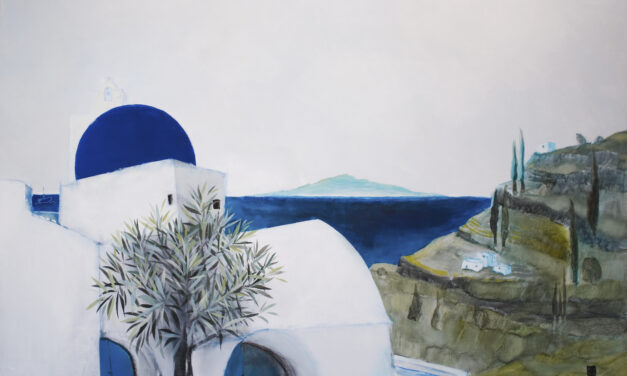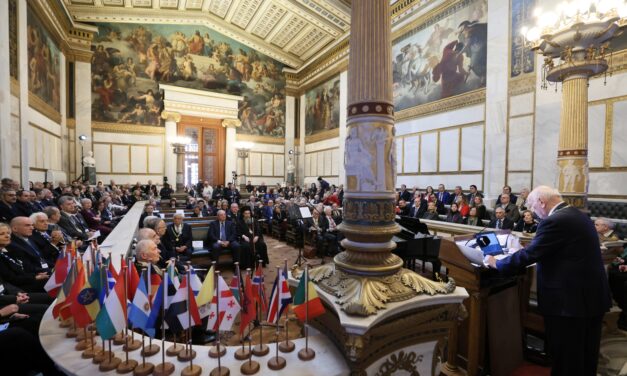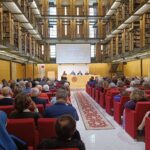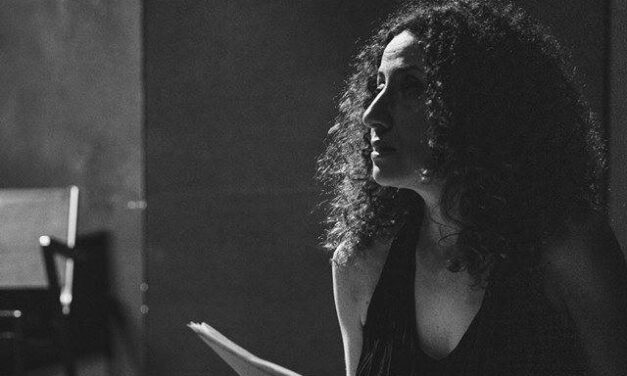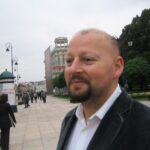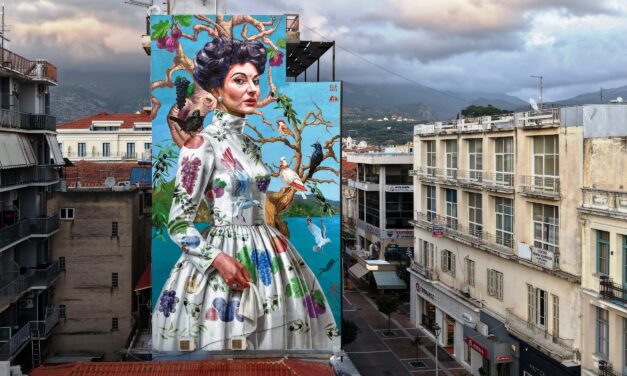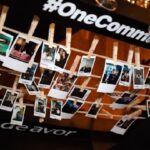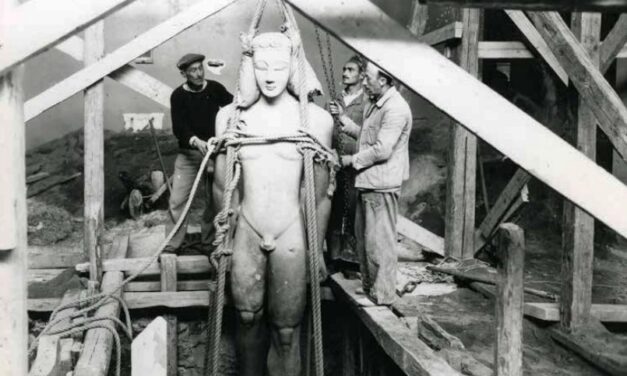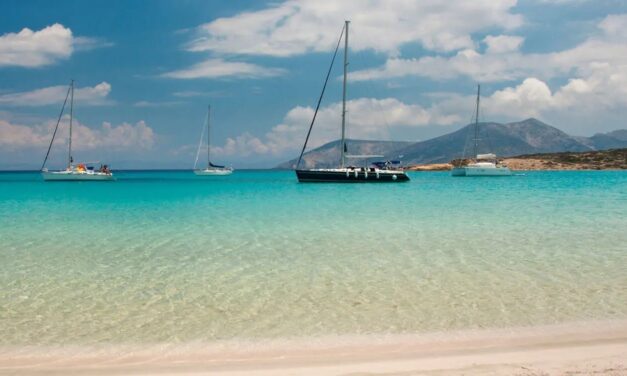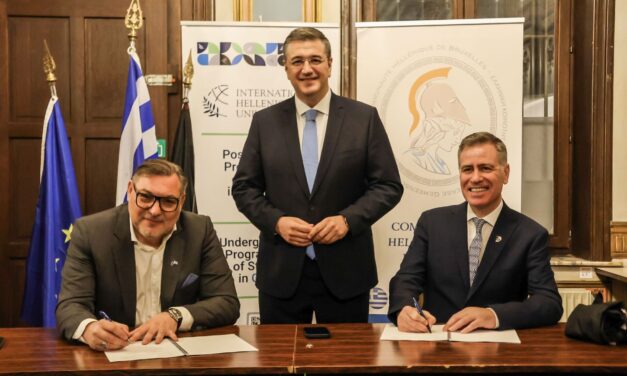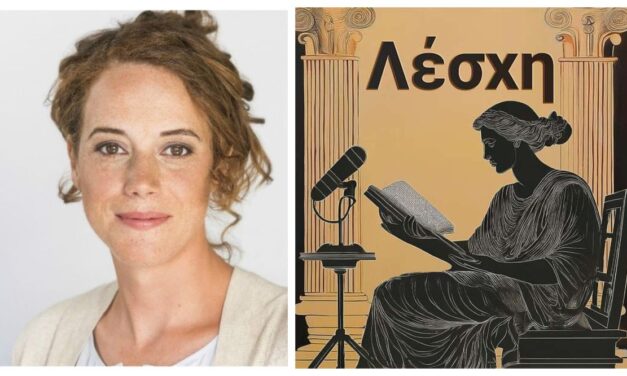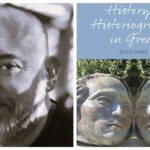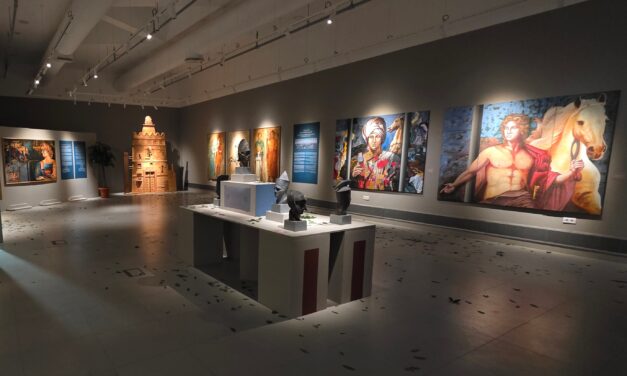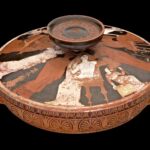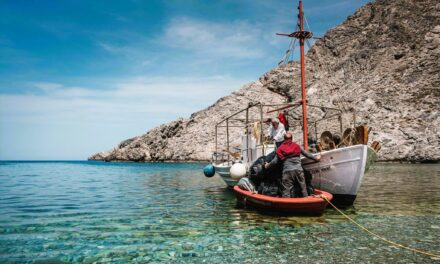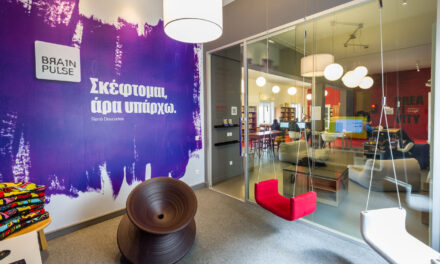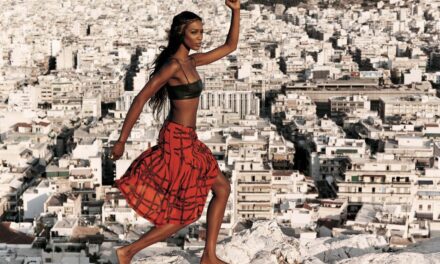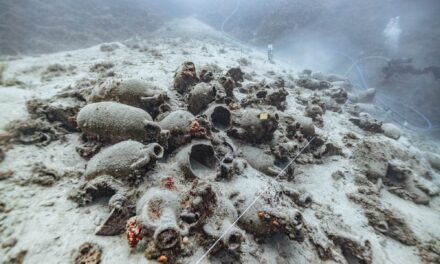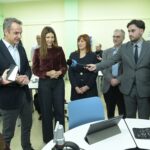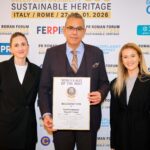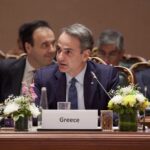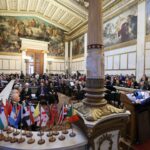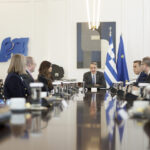Visualizing Greece
LatestFotis Kontoglou and the Continuity of Greek Art
Jan 26, 2026 | Arts in Greece, Visualizing Greece
On the occasion of the 60th anniversary of the death of Fotis Kontoglou, the exhibition “Taximia”:...
Culture & Society
LatestAcademy of Athens inaugurates the International Community (Koinon) of Academies
Feb 18, 2026 | Culture & Society
The Academy of Athens held on February 9-10 the inaugural Symposium of its new organization, the...
Reading Greece
LatestReading Greece: Penny Milia – “Poetry is inherently presence, embodiment, enactment, action”
Dec 22, 2025 | Reading Greece
Penny Milia is a poet, writer, performer and psychotherapist from Athens. Her poetry collection...
Arts in Greece
LatestKalamata Made Street Art History!
Feb 6, 2026 | Arts in Greece
Kalamata has received a major international distinction, as the mural by visual artist Kleomenis...
Creative Greece
LatestThe CirculAR Application by the National Technical University of Athens Research Team — Bringing Ancient Greece to Life
Jan 28, 2026 | Creative Greece, Innovation | Tech | Energy
The APSIM project (Applications of Situated Simulations) aims to promote the Greek culture using...
Modern Greece Unfolds
LatestNational Archaeological Museum – Memories 1940-41: The rescue of the statues
Oct 29, 2025 | Culture & Society, Modern Greece Unfolds
On the occasion of the national anniversary of October 28th, 1940, the National Archaeological...
-
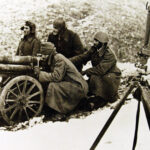
28th of October 1940: The Greek “Ohi Day”
Oct 27, 2025 | Modern Greece Unfolds
Destinations
LatestGreece Among the Top 5 Choices of Western European Travelers for the Next 12 Months
Jan 22, 2026 | Destinations
Greece remains among the top choices for travel in the Mediterranean over the next 12 months,...
-
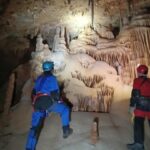
Amorgos Cave Expedition 2025 – New discoveries
Nov 3, 2025 | Destinations
Education | Research
LatestThe International Hellenic University Establishes a Branch in Brussels
Feb 4, 2026 | Education | Research
A warm welcome was extended in Brussels to the forthcoming branch of the International Hellenic...
-

SIG Masters | LL.M. in International Studies
Nov 10, 2025 | Education | Research
Rethinking Greece
LatestRethinking Greece|Ancient Texts, Modern Voices: Inside Johanna Hanink’s ‘Lesche’ Podcast
Aug 1, 2025 | Rethinking Greece
Johanna Hanink is professor of Classics at Brown University, and her work in Classics focuses on...
Ancient Greek Heritage
Latest“Alexander the Great – Back to Egypt”, a Painting Exhibition of High Symbolic Significance Dedicated to Alexander the Great Inaugurated in Alexandria
Jan 7, 2026 | Ancient Greek Heritage
The painting exhibition “Alexander the Great – Back to Egypt” was inaugurated in Alexandria on 13...
Recent Stories
Popular Posts




